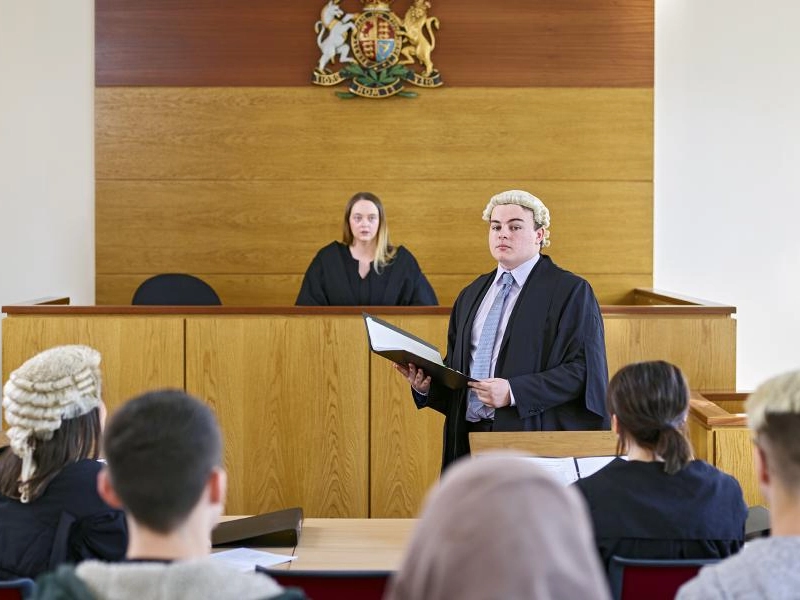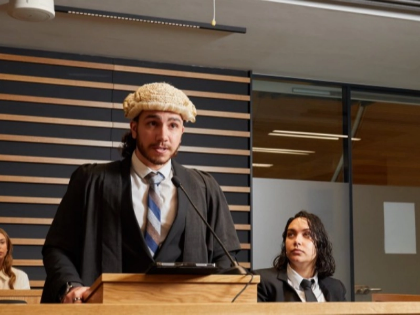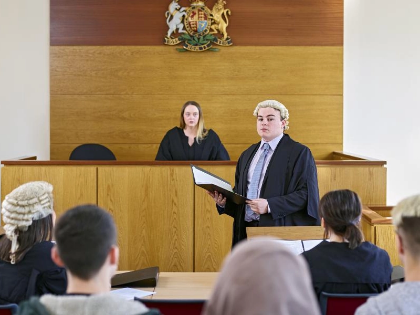The legal process known as probate is how a personal representative or executor is formally designated to manage the estate of a deceased person. The process of tying up, distributing, and accounting for all a deceased individual "owns" is known as estate administration. Both supervised and uncontrolled processes are possible.
Assignment of Assets

Money, real estate, and personal possessions make up a person's estate. To decide who receives what, this information needs to be compiled and arranged. Only once the debts, taxes, and other expenses of the deceased have been paid can this be completed.
The executor is required to notify family members who are eligible for an inheritance during the probate process. In order to grant the surrogate's court jurisdiction over them, they must be served with a notice known as a citation. This gives them the opportunity to contest their rights or give up their inheritance portion.
Individually owned assets, including cash, jewels, art, cars, residences, bank accounts, and vehicles that are sole owners and do not have a beneficiary designation enabling them to pass by operation of law, must go through the probate process. The next procedure is to submit an account that includes a breakdown of the estate's financial dealings. The fiduciary can distribute the remaining assets to beneficiaries and heirs after the account is approved. This is the last stage, where all involved parties have to sign a receipt and release to confirm that they have received their rights and to approve the account.
Settlement of Debts

There may still be debt owed to mortgage lenders and credit card firms, which needs to be settled before any assets are given to beneficiaries. In states where common property exists, this also applies to spouses.
If heirs had a joint account or a co-signer, they might also be liable for the debt. You can make plans based on the identification of the heirs who bear debt responsibilities with the assistance of a probate attorney.
The executor will compile an accounting once all of the assets have been acquired and all debts have been determined. A suggested distribution and a breakdown of all the estate's credits and debits are included in the accounting. Before the distribution is finished, all interested parties must sign a release and approve the account. In a few weeks, the entire accounting process ought to be completed. But it can take longer if there are issues with the bookkeeping. The estate management procedure could take up to a year to finish, depending on how complicated the case is.
Complete Distribution

Upon full accounting and settlement of all outstanding debts, executors are ready to assign assets to heirs and beneficiaries. As the probate process draws to a close, the executor is experiencing an exhilarating moment.
The assets of the estate are disbursed in accordance with state law, known as intestate succession, if the deceased person left no testament. This can be a long and intricate process.
Fiduciary income tax and federal and state inheritance taxes are among the taxes that need to be filed in addition to the costs associated with settling the estate, which also include executors' fees, attorneys' fees, court costs, and appraisal fees. Because of these potentially high costs, a lot of people want to avoid probate by making appropriate estate plans. The sole purpose of this article is to offer general information. Speak with a lawyer licensed in your state for legal guidance on your specific case. All rights reserved by Lawyers Weekly, Inc., 2019.
Recommended Reading: The Tax Repercussions of Capital Gains and Investments
























Feels like an inflection seed.
Calmly dismantles false urgency.
Shrinks communication overhead.
Harmonizes jargon and clarity.
This could be a checklist.